Is Food Addiction Real? Let’s Dive In and Find Out
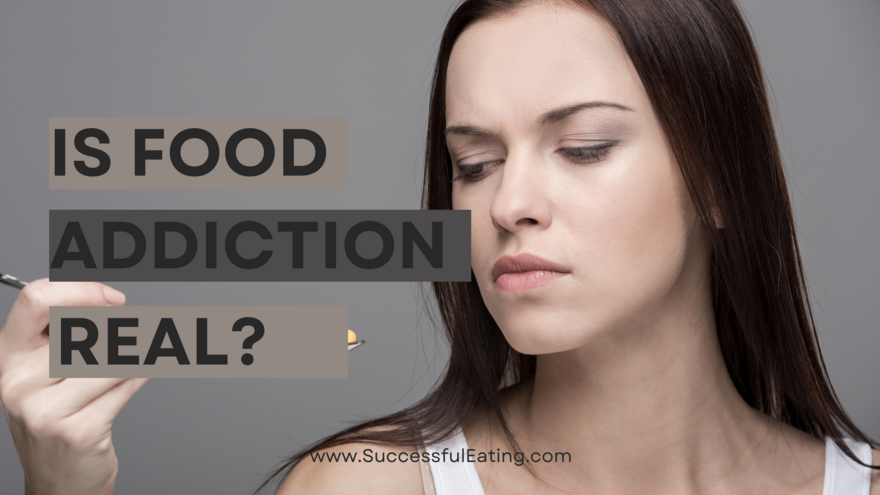
At Successful Eating, we help women break free from binge eating and food addiction to achieve lasting weight loss and a balanced relationship with food.
Picture this: it’s late in the evening, and you’re unwinding after a long day. The kids are finally asleep, your work is done, and now it’s your time. You grab a handful of chips or maybe that “one” cookie you saved from last night. But, without realising it, one cookie turns into two, then three, and pretty soon, the whole pack is gone. You feel pleasure from each bite, but afterwards, there’s the guilt. “Why can’t I just stop?” If this sounds familiar, you’re not alone. And it might have you wondering: Am I dealing with an actual addiction or something else?
What Is Food Addiction?
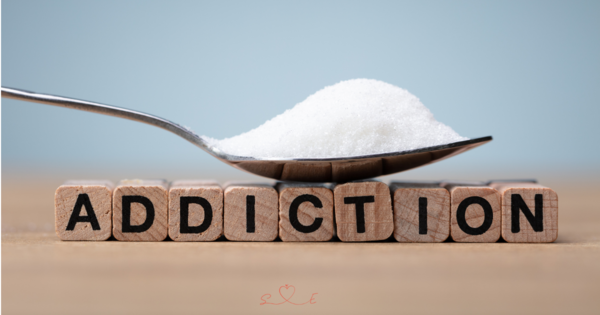
"Food addiction" is a term tossed around frequently, but what does it mean? For many women, food addiction refers to a dependency on certain foods—often those high in sugar, salt, or fat—that can create responses in the brain similar to those triggered by substances like drugs or alcohol. Think about it: fresh veggies don’t tend to call our name quite like a bag of chips or a tub of ice cream.
Here's how it works: when you consume these "addictive" foods, your brain releases dopamine, the neurotransmitter linked to pleasure and reward. Over time, some people's brains begin to demand more and more of these foods to get the same dopamine “hit,” similar to the tolerance people develop in substance addiction. If you’re trying to lose weight, this cycle can make things even more challenging, as cravings and habits around these foods are hard to break.
Science Behind Food Cravings and Addiction

When you enjoy something—especially foods rich in sugar or fat—your brain releases dopamine, forming a powerful link between that food and the pleasure you feel. This connection drives cravings and a desire to experience that pleasure again and again.
For most people, these cravings stay manageable, like occasionally treating themselves to a slice of cake at a party. But for others, the brain’s dopamine response grows stronger over time, building a kind of "tolerance." Soon, it takes larger or more frequent portions to feel satisfied. It becomes a loop of craving, consuming, and then often, guilt or frustration.
Imagine Jenny. Every night she tells herself she’ll only eat one spoonful of ice cream to unwind. But once she starts, stopping is nearly impossible. That one spoonful turns into the whole pint. “How did I get here again?” she asks herself, frustrated and defeated. This cycle is one neuroscientists have found particularly strong with ultra-processed foods. Sugary, salty, fatty foods create dopamine spikes that can become addicting, leading to a hypersensitive pleasure pathway in people with food addiction.
Is Food Addiction a Real Disorder?
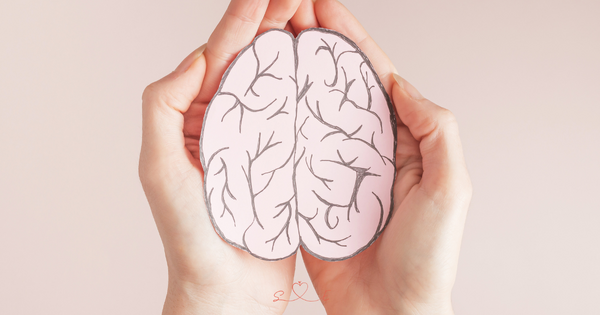
Here's the complex part: food addiction isn't officially recognised as a clinical disorder by the American Psychiatric Association (APA) or listed in the DSM-5, the diagnostic manual used for mental health disorders. However, that doesn’t mean food addiction doesn’t seriously affect people’s lives or their weight loss goals.
Instead of diagnosing food addiction, professionals often diagnose binge eating disorder (BED), a recognised disorder involving repeated episodes of eating large amounts of food. But food addiction and BED aren’t identical. Many people with food addiction experience binge episodes, but food addiction can also show up as constant cravings, regular snacking, or consistently oversized portions. For them, food addiction is about more than just isolated binge eating; it’s a continuous cycle of food choices that make a balanced diet feel out of reach.
Recognising Food Addiction: Common Symptoms
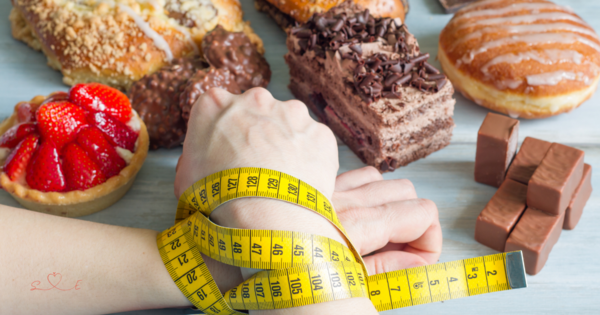
If you’re wondering whether you might have a food addiction, here are some common signs to consider:
1. Strong Cravings for Certain Foods:
You find yourself obsessing over specific foods like chocolate, chips, or ice cream, and these cravings feel almost overpowering.
2. Eating Even When You’re Not Hungry:
Do you reach for food as a coping mechanism when you're stressed or bored, or even just because it's there? For some, eating has little to do with physical hunger.
3. Feeling Guilty After Eating:
Maybe you promise yourself to eat only a handful of something “bad,” but afterwards, you feel guilty, ashamed, or frustrated with yourself.
4. Secrecy About Eating Habits:
Do you sneak food when no one’s watching or hide wrappers? This secrecy can be a sign of deeper emotional ties to food—and unfortunately, hiding these habits often strengthens the addiction, as it tends to grow when kept in the dark.
5. Building Tolerance Despite Health Awareness:
Over time, you may find you need to eat more to feel satisfied, and even though you’re aware it’s affecting your health, stopping feels almost impossible.
6. Difficulty Stopping:
You’ve tried to cut back or stop certain foods, but somehow, you always end up back where you started, feeling out of control.
Imagine Sarah, who every Sunday night swears this week will be different. She plans to cut out sugary snacks, pack healthy lunches, and feel ready to go. But by Wednesday, she finds herself craving her usual chocolate fix in the afternoon. She resists at first, but by the end of the day, she gives in. And suddenly, she’s back to where she started, feeling that sense of failure and guilt.
How Is Food Addiction Different from Binge Eating?

Overeating is something most people do from time to time, often triggered by social gatherings or special occasions (think Thanksgiving dinner). But food addiction and binge eating disorder (BED) are different from occasional overeating because they’re driven by compulsion. In both cases, people often eat against their own wishes. Someone with food addiction or BED might feel like they have to eat, even though they want to stop. Occasional binge eating may leave you feeling full or uncomfortable, but it usually doesn’t bring the intense cycle of cravings, guilt, and helplessness that food addiction and BED can cause.
Think of Mark. Every time he sees his favourite fast-food restaurant, he tells himself he won’t stop. But each time, he finds himself unable to resist, even though he knows he’ll feel bad about it afterwards. This pattern of giving in to intense food urges, even without hunger, creates emotional stress as he struggles with the gap between what he wants to do and what he ends up doing.
Foods Most Likely to Cause Addiction
Certain foods are more likely to trigger addictive behaviours, and they’re usually highly processed, with a lot of sugar, salt, and fat:
Sugar:
Sugar gives a fast dopamine hit, creating powerful cravings and leaving you wanting more.
Fats:
High-fat foods, especially when paired with sugar, are particularly addictive. Think ice cream or potato chips—they’re designed for maximum crunch and creaminess.
Highly Processed Foods:
Foods like fast food, frozen dinners, and packaged snacks are created to be ultra-tasty and convenient, though often lacking in nutrition.
Today’s food industry has mastered creating foods that push all our pleasure buttons, loading them with salt, sugar, and fat to make them nearly impossible to resist.
Food Addiction and Mental Health
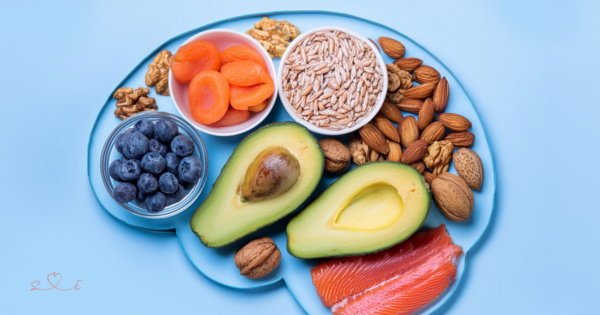
Food addiction often overlaps with mental health issues like depression, anxiety, or low self-esteem. Food can become a way to numb tough emotions or escape from stress, creating a cycle of emotional eating that reinforces the addiction.
It’s always crucial to understand whether your binge eating is a primary or secondary problem. Ask yourself: “Did I become depressed and start binge eating as a way to cope, or did binge eating make me feel depressed about my life?” If your food addiction and binge eating are secondary, it’s best to address the primary issues first, like depression, anxiety, or stress. For example, if depression is the primary problem, working with a mental health professional can improve your mood and help naturally reduce binge behaviours.
If, on the other hand, food addiction is the primary issue, then a structured program like Successful Eating can be highly beneficial. Make sure you feel ready to engage fully with the exercises and stay committed to completing the program. Addiction is rarely something people overcome alone, so reaching out for support can make all the difference.
Strategies to Overcome Food Addiction

Breaking free from food addiction is possible, but it takes consistent effort and commitment. It’s not something you can tackle by working on it here and there. Addiction is tough to break alone, and structured support is essential for most people.
Cognitive-behavioural therapy (CBT) is proven to help people reshape their thoughts and behaviours around food. Programs like Successful Eating are built on evidence-based methods like CBT, offering structured guidance that’s designed to work. Working systematically with your food addiction—not just occasionally—provides the foundation you need to truly reach your goal.
Recognise Your Triggers
Consider Lucy. She’s noticed that she craves salty snacks every time she’s stressed at work. Once she understands that stress is a trigger, she starts planning other ways to deal with it, like taking a five-minute walk or deep breathing exercises. Recognising triggers like boredom, stress, or fatigue can empower you to make healthier choices in those moments.
Build a Strong Support Network
Recovery from any type of addiction is easier when you have support. Whether it’s friends, family, or a structured program like Successful Eating, having people to turn to for encouragement and accountability makes a huge difference.
0 comments
Leave a comment
Please log in or register to post a comment